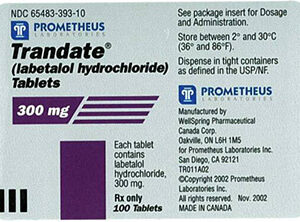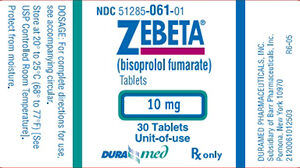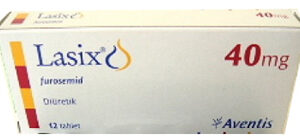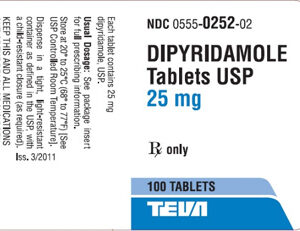Zestoretic is a combination medication that consists of two active ingredients: lisinopril, an angiotensin-converting enzyme (ACE) inhibitor, and hydrochlorothiazide, a diuretic. This drug is primarily prescribed for the treatment of hypertension, or high blood pressure. By combining these two medications, Zestoretic helps to lower blood pressure, reduce fluid retention, and decrease the workload on the heart.
Zestoretic should not be taken in certain situations due to potential health risks. It is contraindicated for individuals who have a history of angioedema, a condition characterized by swelling of the face, lips, tongue, or throat. Additionally, patients with a known allergy to ACE inhibitors or thiazide diuretics should not take Zestoretic. Pregnant women, especially during the second and third trimesters, should also avoid this medication as it may cause harm to the developing fetus. Patients with severe renal (kidney) impairment or those who are on dialysis should discuss the risks and benefits of Zestoretic with their healthcare provider before initiating therapy.
As with any medication, Zestoretic can cause certain side effects, although not all patients may experience them. Common side effects may include dizziness, headache, cough, diarrhea, nausea, and fatigue. Less frequently, some individuals may experience allergic reactions such as rash, itching, swelling, or difficulty breathing. Patients should promptly report any unusual or severe side effects to their doctor. It is important to note that side effects can vary from person to person, and not all reactions may be listed here.
The dosage of Zestoretic will vary depending on the individual’s blood pressure control and response to the medication. It is usually recommended to start with a low dose and gradually increase it as directed by a healthcare professional. Zestoretic is taken orally once a day, with or without food. If a dose is missed, it should be taken as soon as remembered, unless it is close to the time for the next scheduled dose. In such cases, the missed dose should be skipped. Taking an overdose of Zestoretic may lead to symptoms such as extreme dizziness, fainting, or electrolyte imbalances. In case of an overdose, immediate medical attention should be sought.
Zestoretic can interact with certain medications, potentially affecting their efficacy or increasing the risk of side effects. It is important to inform the healthcare provider about all medications being taken, including prescription, over-the-counter drugs, and herbal supplements. Some drugs that may interact with Zestoretic include nonsteroidal anti-inflammatory drugs (NSAIDs), lithium, potassium-sparing diuretics, and certain diabetes medications. Combining Zestoretic with these medications can lead to an increased risk of kidney damage, high potassium levels, or reduced blood sugar control. Dosage adjustments or alternative treatments may be necessary in such cases.
-
Can I take Zestoretic while pregnant?
It is generally not recommended to take Zestoretic during pregnancy, especially during the second and third trimesters, as it may harm the developing fetus. Consult with your doctor for alternative options.
-
What should I do if I miss a dose of Zestoretic?
If you miss a dose, take it as soon as you remember. However, if it is close to the time for your next scheduled dose, skip the missed dose and continue with your regular dosing schedule. Do not take a double dose to make up for the missed one.
-
Can I drink alcohol while taking Zestoretic?
It is advisable to limit or avoid alcohol consumption while taking Zestoretic, as alcohol can increase the blood pressure-lowering effects of the medication and lead to dizziness or fainting.
-
What should I do if I experience severe side effects from Zestoretic?
If you experience severe or concerning side effects, such as difficulty breathing, swelling, or signs of an allergic reaction, seek immediate medical attention or contact your healthcare provider for further guidance.
-
Can Zestoretic be taken with food?
Zestoretic can be taken with or without food, according to personal preference. However, it is important to take the medication consistently with regards to food to maintain consistent blood levels.






Reviews
There are no reviews yet.